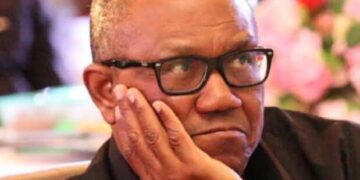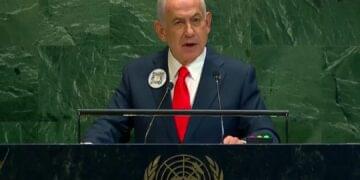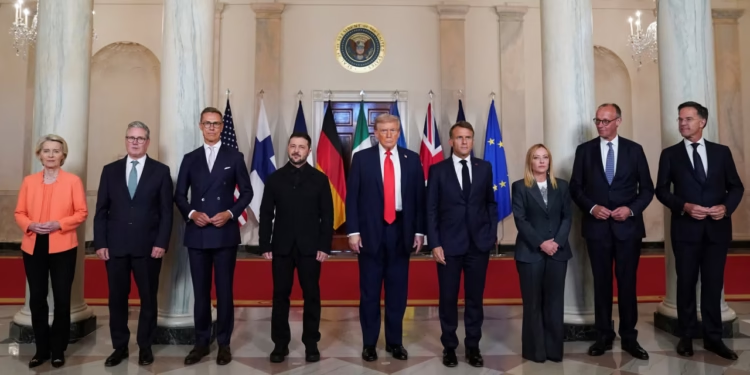Palestine
Israel Launches Controversial Gaza Takeover Push Amid Protests
Israel has begun what it calls the first stage of a long-planned military campaign for the full takeover of Gaza.
The offensive, tagged Operation Gideon’s Chariot, combines air and ground assaults and was approved by the Security Cabinet under Prime Minister Benjamin Netanyahu.
The military action is expected to displace nearly a million people, many of whom had taken refuge in Gaza City after earlier Israeli strikes devastated residential areas and infrastructure.
The campaign’s launch coincided with massive protests across Israel. Demonstrations took place in Tel Aviv, outside the Defence Ministry, at Likud party headquarters, and along the Gaza border.
On Sunday alone, about 400,000 Israelis staged what has been described as the largest protest in recent history, coupled with a nationwide strike.
Netanyahu denounced the protests, claiming they served the interests of Hamas, which Israel designates a terrorist group.
Critics, however, argue the campaign risks the lives of Israeli soldiers as well as hostages still believed to be held in Gaza City. Of the 50 hostages, around 20 are thought to be alive.
Israel
Israel Okays Construction of 3,400 New Homes in Illegal Settlements
The Israeli government has approved the construction of 3,400 new housing units in settlements in the occupied West Bank.
The plan, long on the drawing board, has drawn strong condemnation from the United Nations and several countries, who warn it undermines prospects for a future Palestinian state.
If executed, the project would effectively split the West Bank, cutting it off from East Jerusalem and Gaza, and further weaken hopes of a geographically viable Palestinian state.
The move comes ahead of the September UN General Assembly session, where several of Israel’s Western allies, including France, Britain, Canada, Portugal, Australia, and New Zealand, are expected to push for the formal recognition of Palestine.
Over 140 countries have already done so. The decisions of France and Britain carry particular weight, given their status as permanent UN Security Council members and leading voices in the G7 and G20.
Ukraine
Russia Pounds Ukraine in Overnight Assault
Ukrainian officials say Russia launched one of its heaviest overnight attacks in recent days, targeting Kyiv, Lviv, and other cities with more than 640 drones and missiles.
Ukraine’s military reported that air defences intercepted most of the weapons, though several struck key targets. Damage assessments are ongoing, but initial reports suggest the strikes were meant to signal Russia’s unwillingness to engage in peace talks as the war enters its third year.
The assault followed a major strike on Odessa, where blazes took over 50 firefighters hours to extinguish.
Ukrainian President Volodymyr Zelensky condemned the attacks, saying they showed Russia’s lack of interest in ending the conflict. His comments came after a U.S. meeting with President Donald Trump, who later said he had urged Vladimir Putin by phone to consider direct talks with Zelensky.
While Putin has not formally responded, Russian Foreign Minister Sergey Lavrov dismissed the likelihood of a bilateral meeting. At a Moscow briefing Wednesday, he warned that “discussing Ukraine’s security guarantees without Russia’s involvement is akin to walking a path that leads to nowhere.”
Russia
Russia Dismisses Putin–Zelensky Meeting Prospects, Warns on Security Guarantees
Moscow has again downplayed expectations of imminent peace talks between President Vladimir Putin and his Ukrainian counterpart, Volodymyr Zelensky.
The Foreign Ministry described such discussions as premature, adding that any plan for Ukraine’s security without Russia’s involvement was “doomed from the start.”
Foreign Minister Sergey Lavrov told reporters that Russia seeks peace but insisted it must come through addressing the root causes of the invasion.
“Any attempt to discuss Ukraine’s security without Russia is walking a path that leads to nowhere,” Lavrov said.
His comments came as the so-called Coalition of the Willing, led by France and Britain, moved to design a security framework aimed at protecting Ukraine from further aggression.




































